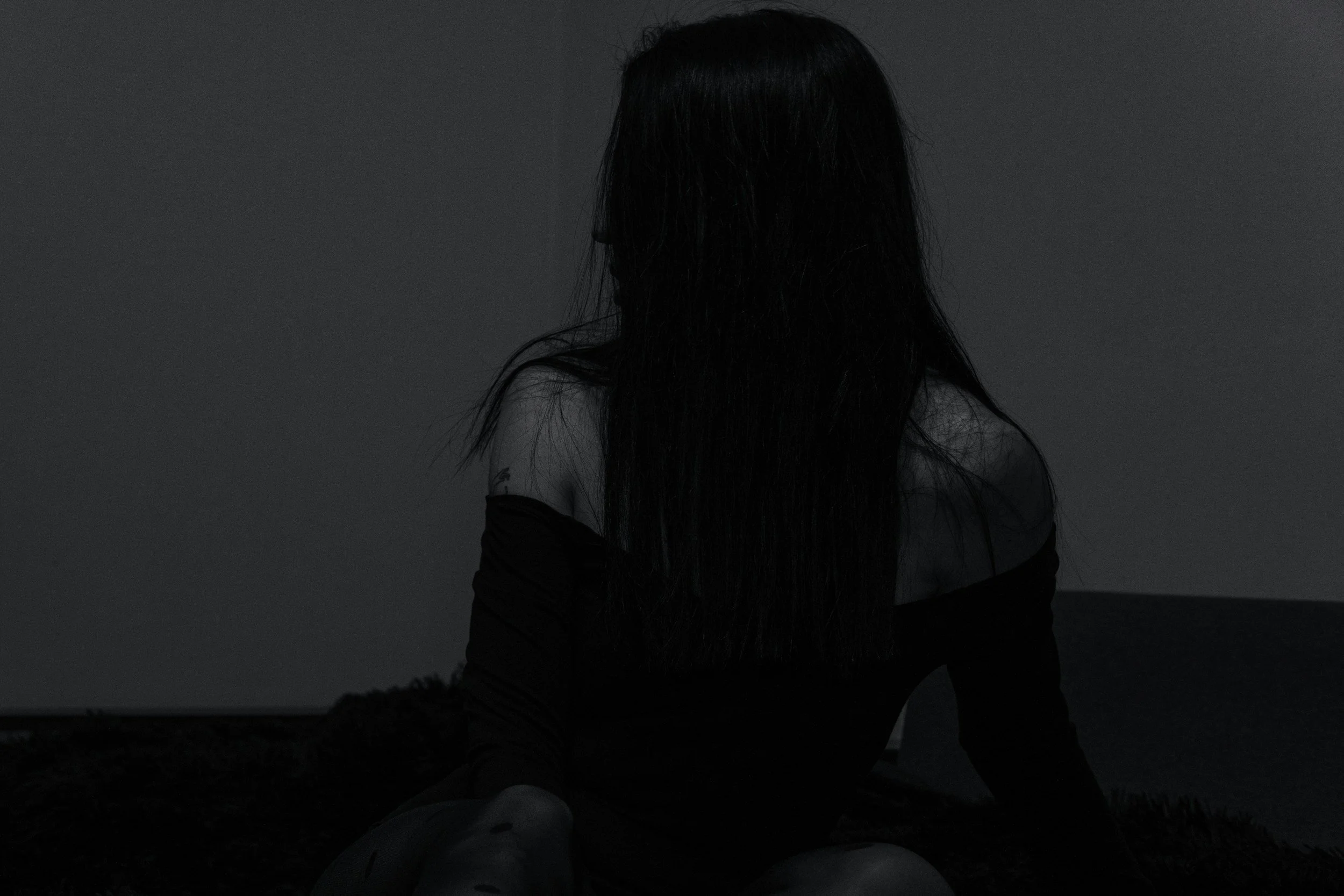Attachment and Identity After Religious Trauma
Religion often shapes more than beliefs. For many, it becomes the foundation of identity, relationships, and a sense of safety. When that foundation is rooted in fear, shame, or control, it can leave deep imprints on how we relate to others and how we see ourselves (Counseling Today, 2022).
How religion can shape attachment
Attachment theory suggests that early caregiver relationships influence adult patterns. In some religious households, parenting is intertwined with faith. A parent may justify harsh discipline or emotional withdrawal as “training” or “correcting sin.” This can contribute to anxious attachment marked by fear of rejection and never feeling good enough, avoidant attachment marked by emotional distancing and difficulty trusting, or disorganized patterns that mix longing and fear. When love is conditional on obedience or “holiness,” children learn that safety and belonging must be earned (Therapist.com, n.d.).
Identity confusion after leaving
For those who step away from rigid faith traditions, another challenge appears: Who am I without this identity? Faith communities often provide a life script. Leaving can feel like losing not just beliefs but a sense of self. Common struggles include difficulty trusting personal choices without external approval, shame when desires or values conflict with old teachings, confusion about sexuality or gender, and fear of abandonment if others discover the “true” self (LifeSpring Counseling, n.d.).
Tips for rebuilding attachment and identity
Healing means reclaiming the right to belong to yourself and to safe others. Helpful practices include self-compassion that counters the inner critic, investing in relationships where you are accepted as you are, redefining identity through values rather than rules, working with attachment-informed therapies such as EMDR, IFS, or relational psychodynamic therapy, and celebrating small acts of autonomy in daily life (Counseling Today, 2022; LifeSpring Counseling, n.d.).
A final word
Religious trauma may have shaped early attachment and identity, but it does not define who you are. You can learn to trust yourself, form relationships that feel safe, and create an identity that reflects your values and desires.
Looking for Support?
I specialize in religious trauma and offer a safe space to explore and heal. If you are ready to begin this journey, I would be honored to support you.


